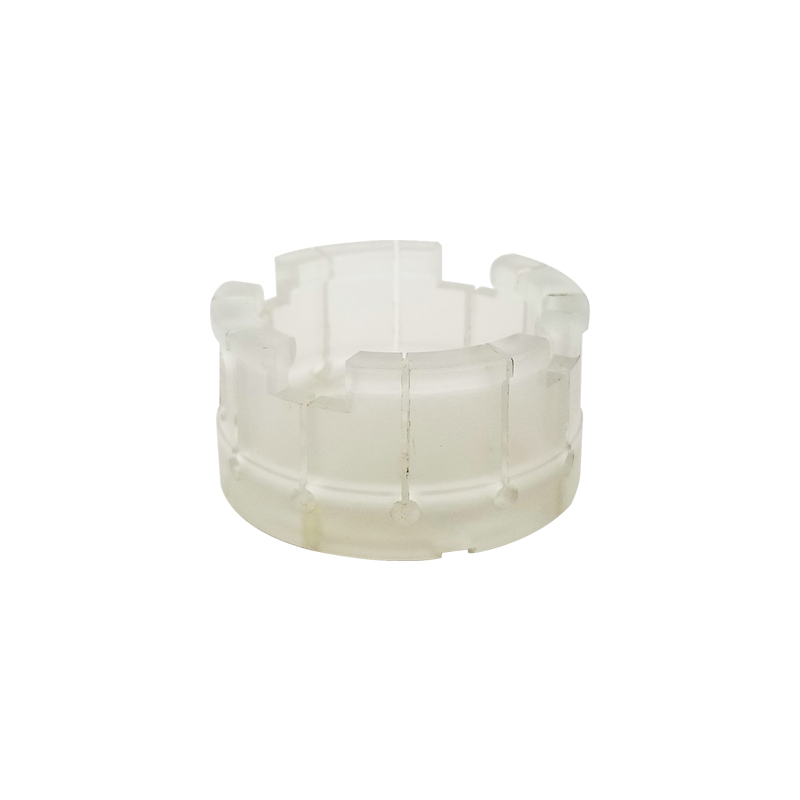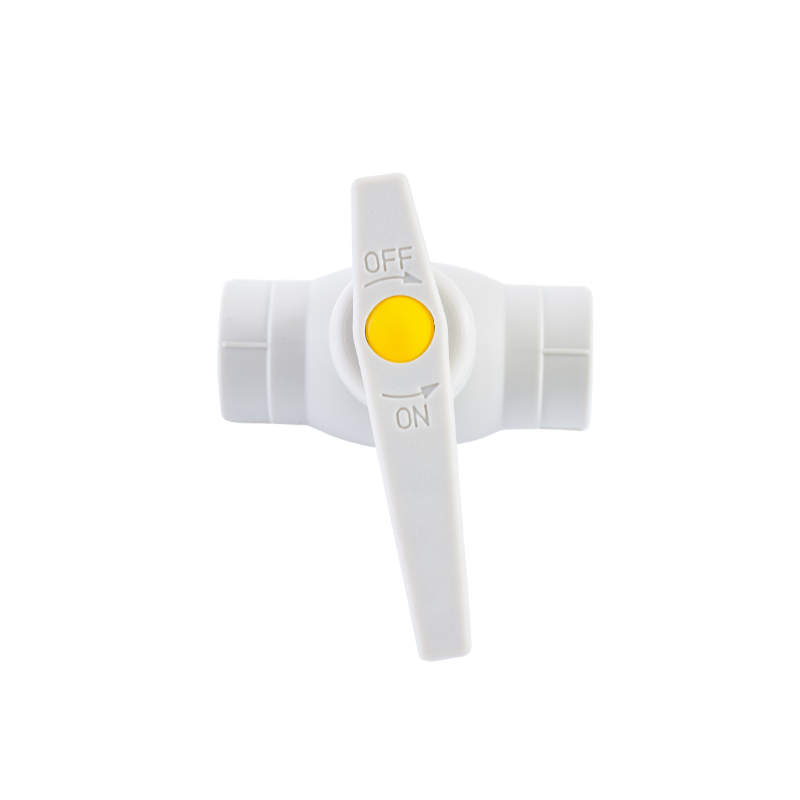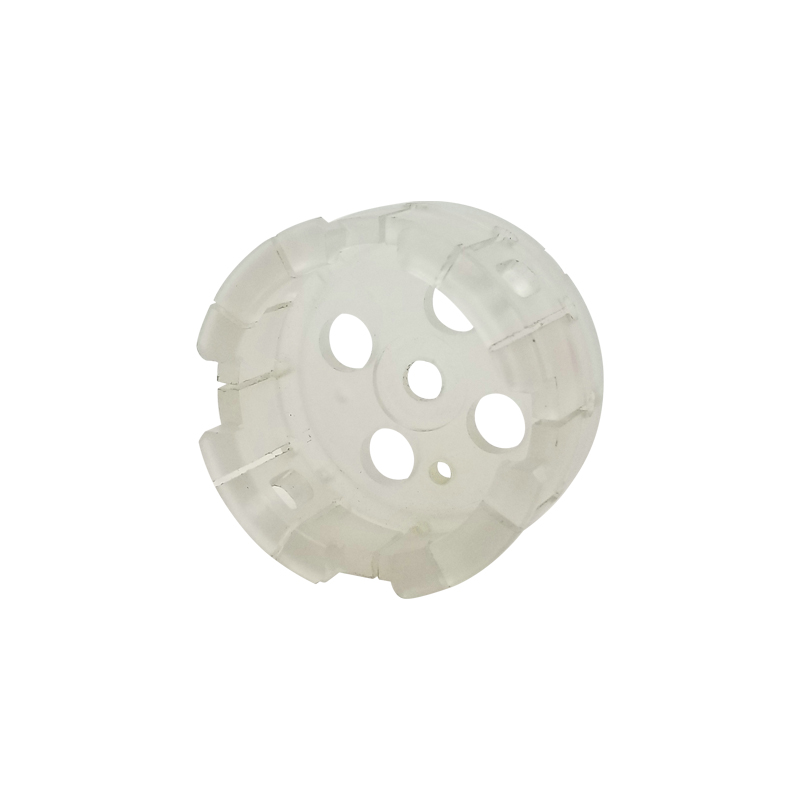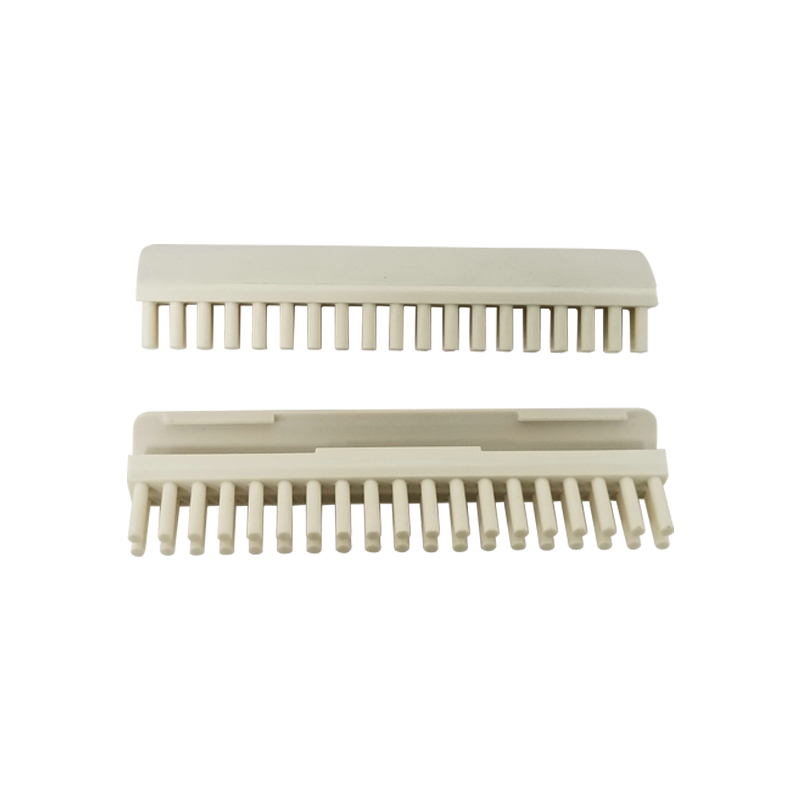Polyethylene Injection Molding Service
Custom Polyethylene Injection Molding Service
NOBLE specializes in providing tailored precision injection molding services for polyethylene, ranging from rapid prototyping to large-scale production. This comprehensive approach ensures that you can receive high-quality polyethylene parts or prototypes in just a few days. Request your custom injection molded polyethylene components online today, with delivery available in as little as 3 days.
- Competitive Price 30% Cost Savings
- High-Quality Polyethylene Products with Cost-Effective Solutions
- 35+ Surface Finishes, 80+ Metals & Plastics
- Parts Delivered in as Little as 1 Day
- Quote Within 12 Hours
- World-Class Equipment, Including Injection Molding Machines

Our Polyethylene Injection Molding Capabilities
NOBLE offers personalized injection molding services tailored to each customer’s unique needs, from prototype design to full-scale production. We deliver high-precision, high-performance polyethylene parts at competitive prices. Our advanced manufacturing capabilities enable us to produce industrial-quality polyethylene components with tight tolerances, as precise as +/- 0.001 inches.
| Price | $$$ |
| Lead Time | < 5 days |
| Wall Thickness | 0.047 in. – 0.140 in |
| Tolerances | +/- 0.003 in. (0.08mm) with an included polyethylene tolerance that can be greater than but no less than +/- 0.002 in./in. (0.002mm/mm) |
| Max Part Size | 20 in. x 29.3 in. x 8.2 in |
| Available Polyethylene at NOBLE | LDPE, HDPE, UHMW-PE, PEX, MDPE |

Characteristics of Polyethylene Injection Molding Materials
At NOBLE, we leverage our robust manufacturing capabilities at our domestic factories in China to offer high-quality injection molding solutions, with a wide range of surface finish options and versatile material choices.
| Features | Info |
| Subtypes | LDPE, HDPE, UHMW-PE, PEX, MDPE |
| Process | Injection molding, CNC machining |
| Tolerance | +/- 0.003 in. (0.08mm) with an included polyethylene tolerance that can be greater than but no less than +/- 0.002 in./in. (0.002mm/mm) |
| Applications | Medical Devices, Automotive Parts, Automation Industry, New Energy, Industrial Components, Consumer Goods |
| Finishing Options | Polishing, Heat Transfer Printing, Sand Blasting, Powder Coating, Flame Polishing |
Pros and Cons of Polyethylene for Injection Molding
Polyethylene offers key advantages in Injection molding, including ease of processing, high precision, and cost-effectiveness, especially for prototyping. However, challenges such as brittleness, limited heat resistance, and chemical sensitivity must also be taken into account. We will select the best material for your needs and customize a Injection molding production plan to give you a competitive edge!
Ease of Molding
Polyethylene is easy to mold due to its low viscosity and good flow properties, making it ideal for producing complex shapes with minimal scrap. It is well-suited for prototypes, small batches, and custom designs.
Low Tool Wear
Polyethylene causes minimal wear on injection molding tooling due to its relatively low hardness and smooth flow characteristics. This extends tool life, reduces maintenance costs, and supports long production runs with fewer tool replacements.
Lightweight
Polyethylene is a low-density material, making it lightweight and easy to handle during the injection molding process. Its reduced weight also lessens the load on injection molding machines, improving processing efficiency and reducing energy consumption.
Low Cost
Polyethylene is an affordable material compared to metals and other engineering plastics. Its low cost and ease of injection molding make it ideal for budget-conscious projects, providing excellent performance in cost-sensitive applications without sacrificing quality.
Versatility in Applications
Polyethylene’s various grades, including LDPE, HDPE, and UHMW-PE, offer flexibility to meet different mechanical, thermal, and chemical requirements. This versatility, combined with its ease of injection molding, makes it suitable for a wide range of applications, from industrial components to consumer products.

Low Thermal Resistance
Polyethylene has a relatively low heat deflection temperature, which can cause softening or warping during high-temperature injection molding. This limits its use in high-temperature applications and requires careful temperature control during the molding process to avoid dimensional instability or surface deformation.
Susceptibility to Creep
Polyethylene can experience creep (slow deformation under stress), particularly at higher temperatures or in continuous load conditions. This limits its use in high-load, high-temperature applications and requires careful material selection and design to ensure long-term stability in injection molded parts.
Poor UV Resistance
Polyethylene degrades when exposed to UV light, resulting in surface cracking and loss of mechanical properties. This limits its outdoor use unless treated with UV inhibitors or coatings, which would require additional steps during the injection molding process for surface treatment.
Limited High-Temperature Performance
Polyethylene’s relatively low melting point limits its use in applications involving high temperatures. Injection molding at high temperatures can cause material softening, so careful control of molding conditions is essential to prevent deformation.
Difficult to Bond or Paint
Polyethylene’s low surface energy makes it challenging to bond or paint without surface treatment. Processes such as plasma or flame treatment are required for proper adhesion, adding complexity and cost to applications that require coatings or bonding.
Environmental Concerns
Although recyclable, polyethylene is not biodegradable, raising concerns about waste and environmental impact, particularly in single-use or large-scale applications. Recycling programs and alternative materials can help mitigate these concerns.

Types of Polyethylene Injection Molding Materials
Polyethylene (PE) is one of the most widely used plastics, known for its versatility, ease of injection molding, and affordability. It is available in several grades, each with distinct physical and chemical properties tailored to specific applications.

Low-Density Polyethylene (LDPE)
LDPE is a flexible, transparent, and lightweight material with relatively low tensile strength. This makes it ideal for applications like plastic bags, films, and tubing. Injection molding of LDPE requires slower injection speeds and careful temperature control to prevent deformation. Effective cooling is crucial to prevent material softening and excessive tool wear.
Tensile Modulus: 150–500 MPa
Tensile Strain (Yield): 100–600% (depending on grade)
Rockwell Hardness: 30–45 R
Heat Deflection Temperature: 120–130°F

High-Density Polyethylene (HDPE)
HDPE is a strong, rigid material known for its high impact resistance. It is commonly used for applications like bottles, pipes, and cutting boards. Injection molding of HDPE requires higher injection pressures and careful control of cooling rates to avoid warping and ensure clean, precise parts. The use of sharp molds helps achieve better detail and smoother surfaces.
Tensile Modulus: 800–1,200 MPa
Tensile Strain (Yield): 5–10%
Rockwell Hardness: 65–75 R
Heat Deflection Temperature: 130–160°F (54–71°C)

Ultra-High Molecular Weight Polyethylene (UHMW-PE)
UHMW-PE excels in wear resistance, low friction, and impact strength, making it ideal for demanding industrial applications such as conveyor systems and medical devices. Injection molding of UHMW-PE requires slower injection speeds, specialized molds, and careful temperature management to minimize tool wear and achieve a smooth surface finish.
Tensile Modulus: 1,000–1,500 MPa
Tensile Strain (Yield): 100–300% (depending on formulation)
Rockwell Hardness: 65–80 R
Heat Deflection Temperature: 180–190°F

Cross-Linked Polyethylene (PEX)
PEX, known for its enhanced heat and chemical resistance, is commonly used in plumbing systems and underfloor heating applications. Injection molding of PEX requires precise temperature and pressure control due to its tough, cross-linked structure. Cooling systems are essential to prevent overheating and cracking during the injection molding process, ensuring dimensional stability and high-quality surface finishes.
Tensile Modulus: 300–500 MPa
Tensile Strain (Yield): 30–60%
Rockwell Hardness: 50–65 R
Heat Deflection Temperature: 180–220°F

Medium-Density Polyethylene (MDPE)
MDPE strikes a balance between flexibility and strength, making it ideal for applications such as gas pipes and packaging films. Injection molding of MDPE requires moderate injection speeds, precise control of cooling, and sharp tooling to prevent deformation. The material’s balance of properties makes it suitable for both durable and flexible components.
Tensile Modulus: 400–800 MPa
Tensile Strain (Yield): 50–300%
Rockwell Hardness: 55–70 R
Heat Deflection Temperature: 150–170°F
Surface Finishing Options for Polyethylene Injection Molding
When injection molding polyethylene, surface finishing is often required to improve its appearance, performance, and durability across various applications. NOBLE offers a range of tailored surface treatments to enhance both the mechanical properties and aesthetics of each molded part, ensuring optimal quality and performance.

Polishing
Working on metal and hard plastics, our polishing uses highly efficient machinery to get our parts between Ra 0.8~Ra0.1 for a cleaner surface.

Heat Transfer Printing
Heat Transfer Printing applies heat and pressure to transfer designs onto surfaces, creating durable, vibrant graphics suitable for various materials.

Sand Blasting
Sand blasting cleans the surface of any impurities and peels coating through the propelling of blast media streams over the parts.

Powder coating
We apply a thin layer of protective polymer with the corona discharge phenomenon to give our part a lasting finish that protects from impacts and prevents wearing down.

Flame Polishing
Flame polishing uses a controlled flame to slightly melt the surface of polyethylene, smoothing out imperfections and creating a high-gloss finish. It’s commonly used for clear polyethylene parts where aesthetics are crucial.
Custom Polyethylene Injection Molding Parts Display
Check out our over a decade of custom polyethylene injection molding, including precision polyethylene prototypes and parts from our valued customers.
Applications of Polyethylene Injection Molding
Polyethylene (PE) is one of the most widely used materials in injection molding, known for its versatility, ease of processing, and a range of beneficial properties. NOBLE offers comprehensive custom polyethylene manufacturing, from prototyping to full-scale production. We provide high-quality polyethylene parts that meet industry standards, with fast turnaround times, expert guidance, and a commitment to uncompromising quality.

Medical Devices
Polyethylene, especially UHMW-PE, is an ideal material for injection molding of medical devices such as joint replacements and prosthetics, thanks to its exceptional wear resistance and biocompatibility. Injection molding enables the creation of precise implant shapes, ensuring a proper fit and optimal function in dynamic, high-wear environments like joints and prosthetics.

Automotive Parts
In the automotive industry, HDPE and MDPE are commonly injection molded for components like fuel tanks, bumpers, and seals. Polyethylene’s lightweight nature and impact resistance make it ideal for producing durable automotive parts, while injection molding guarantees dimensional accuracy and surface smoothness—both critical for proper fit and performance in automotive applications.

Automation Industry
Polyethylene, particularly UHMW-PE, is widely used in injection molding for automation and robotic components such as gears and bearings. Its low friction and excellent wear resistance enhance mechanical efficiency, while injection molding ensures the precision required for producing lightweight, durable parts that enable smooth and reliable automated operations.

New Energy
In renewable energy applications, polyethylene is injection molded into components for wind turbines, solar panel frames, and energy storage systems. HDPE’s corrosion resistance and UHMW-PE’s durability enhance system longevity, while injection molding ensures the production of precise, durable parts capable of withstanding harsh environmental conditions.

Industrial Components
Polyethylene is widely used for injection molded industrial components, such as bearings, gears, and rollers. UHMW-PE’s exceptional wear resistance makes it ideal for high-load, high-impact applications. Injection molding guarantees precise tolerances and surface finishes, optimizing the performance and longevity of these parts in demanding industrial environments.

Consumer Goods
Polyethylene is injection molded into consumer goods like storage bins, toys, and furniture. Its low cost and durability make it perfect for mass production. Injection molding ensures precise dimensions, smooth finishes, and high-quality surface treatments, enhancing both the functionality and aesthetics of everyday consumer products.
If you are looking for a rapid prototyping manufacturer or a CNC machine shop to fabricate small, medium-volume, or mass-production products, NOBLE is an ideal choice.Our well-trained and experienced staff manufactures parts in line with drawings on modern CNC machines, with the highest accuracy and processing quality in all sizes.In addition, we provide professional design considerations for your CNC machining projects.
Want to get the most professional and fastest service for your CNC machining project? Upload your CAD files now and obtain a quote!








